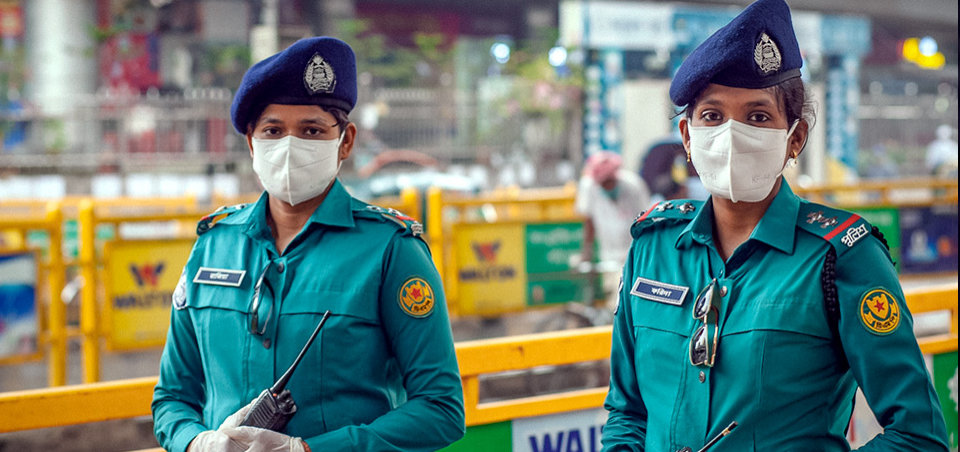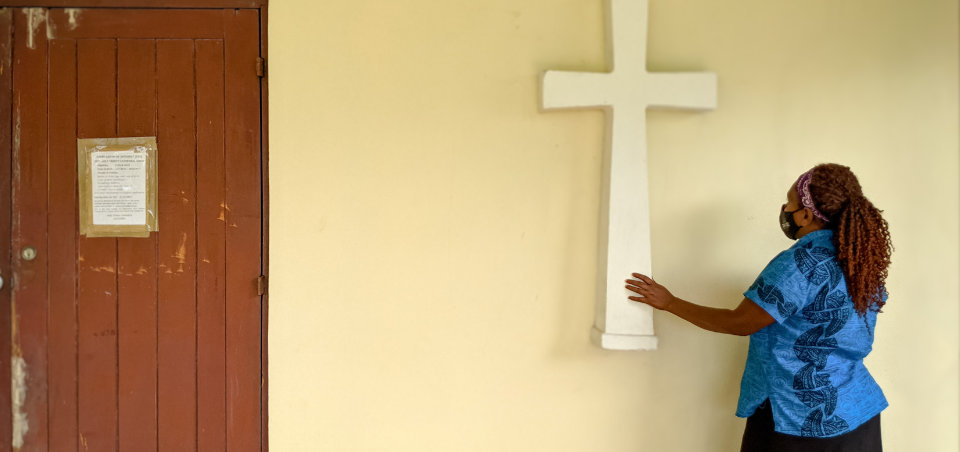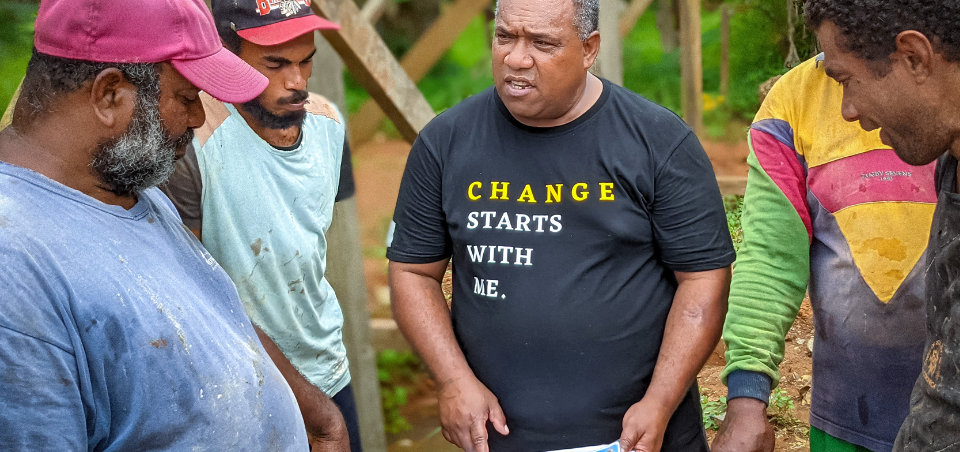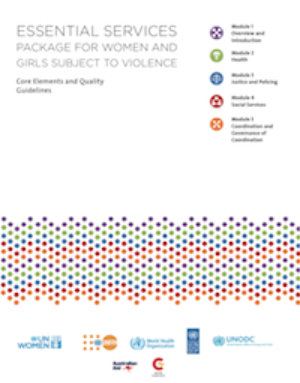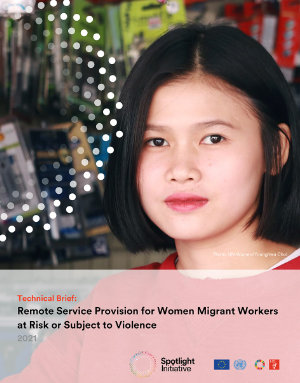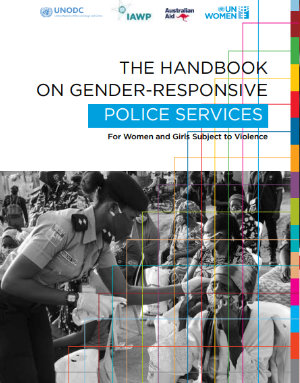Essential services for women
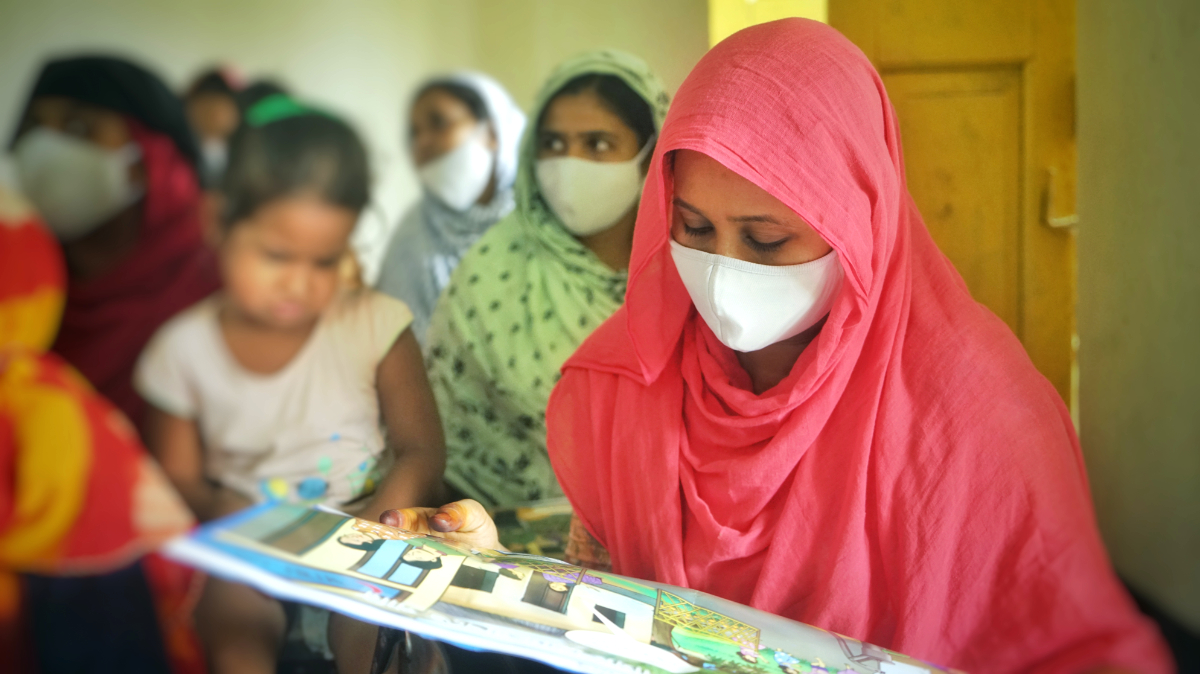
Many women and girls who experience physical and sexual violence still lack access to quality multi-sectoral services. These services are essential as they provide much-needed support to survivors of violence by keeping them safe, providing health care for their injuries, responding to their sexual and reproductive health needs, including the provision of post-rape care and counselling, and facilitating their access to the police and justice system. Particularly vulnerable groups—such as migrants, women living with disabilities, indigenous women or women living in remote areas—have even more limited options and often lack access to essential services.
Despite extensive commitment by women’s organisations, governments and other partners, many women and girls subjected to various forms of violence still lack access to essential services. This lack of access to such services by women and girls means they continue to suffer from violence's physical and mental impacts. To improve the quality of and access to essential multi-sectorial services, UN Women has partnered with four UN agencies (UNFPA, WHO, UNDP and UNODC) to develop the Joint Global Programme on Essential Services.
Our solutions
UN Women is committed to ensuring ongoing improvement in providing services for women and girls experiencing violence. UN Women supports partners across disciplines to apply the principles of a rights-based, survivor-centred approach that addresses the needs of survivors. Partners we engage with and support include women’s ministries, social welfare, police, justice, health, education and labour actors and more. This includes developing multi-sectoral coordination and referral systems and mechanisms, capacity building, and developing guidelines and protocols to sustainable approaches to supporting survivors.
The Essential Services Package is at the centre of UN Women's work in the Asia Pacific region to ensure the provision and coordination of high-quality services for women and girls experiencing violence. With support and funding from the Governments of Australia and Spain, this initiative seeks to align international agreements on violence against women with actions at the country level, providing technical guidance on developing quality services and responses across the coordination, health, social services, police, and justice sectors.
UN Women collaborates with government, civil society, and UN agencies to build and transform approaches centred on the needs of women and children, drawing upon their lived experiences. This often ranges from convening large-scale national and regional dialogues to agreeing on joint approaches to improve services and linking practitioners, experts, and policymakers.
